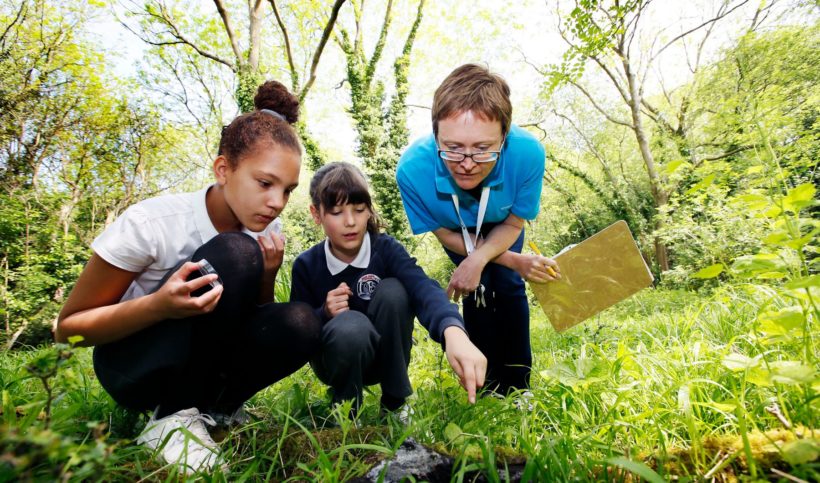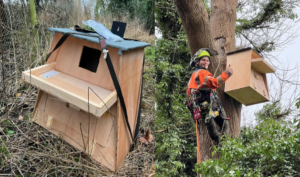Results of Thinking, Doing, Talking Science programme now published
Wednesday 11th November 2020

The impact on pupil attainment and attitudes of Science Oxford and Oxford Brookes University’s Thinking, Doing, Talking Science professional development programme for teachers has just been published in the International Journal of Science Education.
Thinking, Doing, Talking Science – or TDTS – was developed by Bridget Holligan, Science Oxford’s Director of Education and Engagement, in partnership with Helen Wilson of Oxford Brookes University in 2013. Over the last seven years they have delivered 23 TDTS courses across England, working with nearly 750 teachers. TDTS aims to provide more opportunities for higher order thinking in science learning by making lessons more practical, creative and challenging with dedicated opportunities for discussion.
The ethos behind the Thinking Doing Talking Science programme is at the core of all our Science Oxford education programmes and provided the foundation for the development of our Science Oxford Centre in Headington – the UK’s first indoor-outdoor hands-on science centre for early and primary-aged children.
The International Journal of Science Education paper published this autumn investigates the impact of the TDTS professional development programme for teachers. Using a randomised controlled trial, its impact was measured by pupil learning outcomes for aged 9–10 years at 42 primary schools in Oxfordshire. The teachers involved attended five training days over the school year to encourage more cognitively challenging, practical and interactive science lessons to improve pupils’ higher order thinking. The analysis of the 1264 pupils tested and surveyed showed that a low-cost intervention or training such as TDTS had a statistically significant effect on attainment. The impact was stronger among girls and slightly stronger among those pupils with lower prior science attainment.
As we know from our work at Science Oxford, children’s natural curiosity about their world has often been eroded by the time they start secondary school and it becomes more difficult to engage students in science. The foundations laid in early childhood and primary education are crucial to STEM proficiency and interest in STEM subjects. This means that high quality science education for this age group is vital.
That’s why our TDTS-based Science Oxford education outreach programmes and Science Oxford Centre aim to cultivate a positive attitude to, and interest in, science. We give children the opportunity to experience the excitement of investigation, exploration, experimentation and discovery and we show all children that science is something they can do, that it can lead to an amazing career, and that it can change lives for the better.
We now, more than ever, need to create a local pool of science talent to step into science-based jobs in our region. Inspiring children about science and demonstrating that it is something which can be for them is key to all of our futures.
The research into the impact of the Thinking, Doing, Talking Science professional development programme has been funded by the Education Endowment Foundation (EEF). Thanks to further funding from the EEF, we now hope a further 250 schools across England will be able to participate in the TDTS programme during 2021–23.
Well done to Bridget, the Oxford Brookes team and their external evaluators at the University of York. The International Journal of Science Education paper shows conclusively that the Thinking, Doing, Talking Science programme is effective in improving science attainment and fostering more favourable attitudes to school science. Science Oxford is definitely on the right track!


